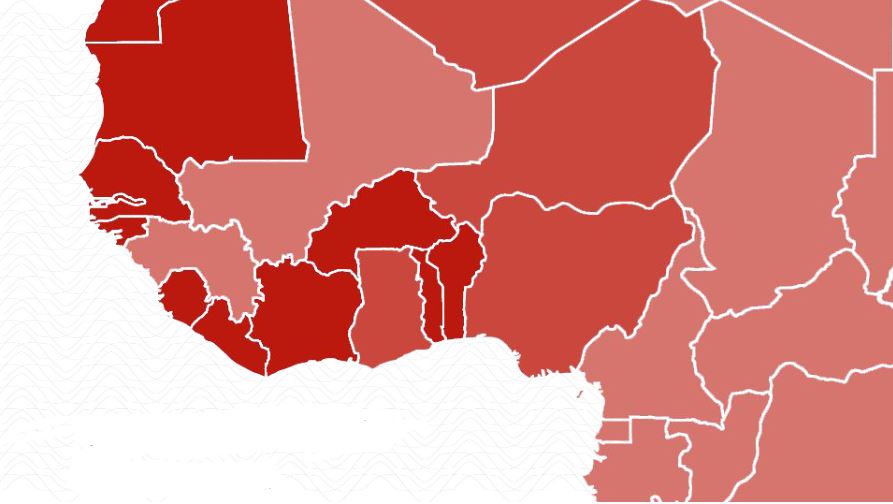The recent surge of violence and instability in West Africa is a stark reminder that the region is teetering on the brink of a security and political crisis. From kidnapping for ransom in the North Central region to the violent clashes between youths and security personnel in Plateau State, the signs are clear: state authority is crumbling, and the traditional tools of governance are failing.
SBM Intelligence chronicled the many cases of violence in the subregion. In Plateau State, the violent confrontations between youths and security forces highlight a deepening legitimacy crisis for the state. The protesters’ defiance of curfew orders and the security forces’ resort to heavy-handed tactics reveal a troubling reality: the state is losing its grip. When security forces, meant to maintain order, instead contribute to escalating violence, the result is a cycle of reprisals that further erodes trust in government institutions.
The killing of a protester by a security officer in Azare, Bauchi State, is another flashpoint in this escalating crisis. Such incidents, perceived by communities as gross injustices, risk radicalising youth and pushing them towards extremism. This is not just a matter of isolated incidents; it is indicative of a broader trend where security forces, instead of being seen as protectors, are increasingly viewed as oppressors. This perception, fuelled by corruption and the blurred lines between military and police duties, threatens to unleash a wave of retaliatory violence that could spiral out of control.
The situation in the Ughelli North LGA of Delta State, where cult-related violence has claimed multiple lives, underscores the fragility of law and order in the region. The influence of criminal organisations like the Aye and Bagger cults, willing to resort to lethal force over debt disputes, is a chilling reminder of how deeply entrenched violence has become in the local political economy. The state’s inability to curb such violence speaks volumes about the weakening rule of law and the challenges ahead in restoring stability.
These issues are not confined to Nigeria alone. The creation of the Alliance of Sahelian States by the junta leaders of Burkina Faso, Mali, and Niger signals a growing divide within ECOWAS, further complicating regional security dynamics. The absence of defence ministers from Togo and Cape Verde at recent summits suggests that unity within ECOWAS is fraying, potentially leading to the emergence of a third bloc of neutral states. This fragmentation could undermine collective security efforts, leaving the region more vulnerable to extremist groups and criminal networks.
So, what is the way forward? The conventional approaches—military crackdowns, curfews, and negotiations—have proven inadequate. It’s time to consider unconventional solutions that address the root causes of this unrest.
One potential approach is to empower local communities through economic reinvestment. By redirecting resources to community-led development projects, we can create opportunities that undermine the appeal of criminal networks and extremist ideologies. This could involve setting up local councils with real decision-making power, backed by funding that bypasses the often-corrupt state apparatus. These councils would focus on creating jobs, improving infrastructure, and fostering dialogue between different ethnic and religious groups.
At the same time, security forces need to undergo a profound transformation. This means not just better training but also a complete overhaul of the culture within these institutions. Accountability, transparency, and community engagement should become the pillars of a new security strategy, with a focus on building trust rather than instilling fear.
The challenges in West Africa are immense, but they are not insurmountable. What is needed is the political will to break from the past and embrace bold, innovative solutions that prioritise the well-being of the people over the preservation of a failing status quo. The time for action is now, before the region slips further into chaos.

